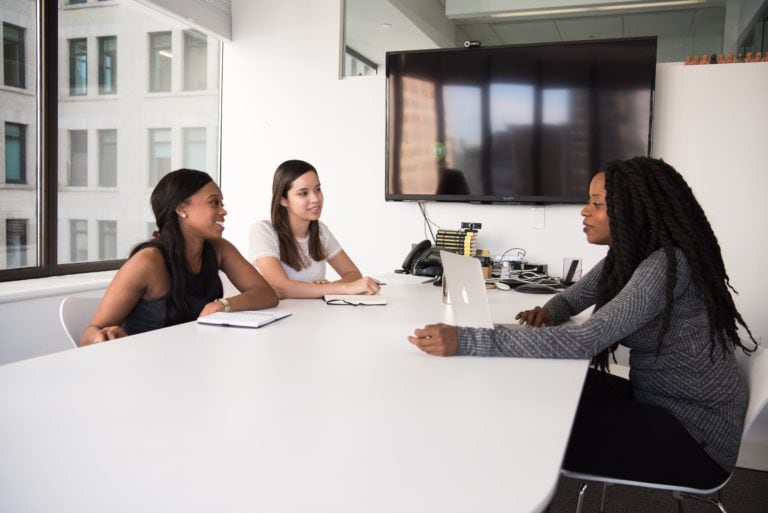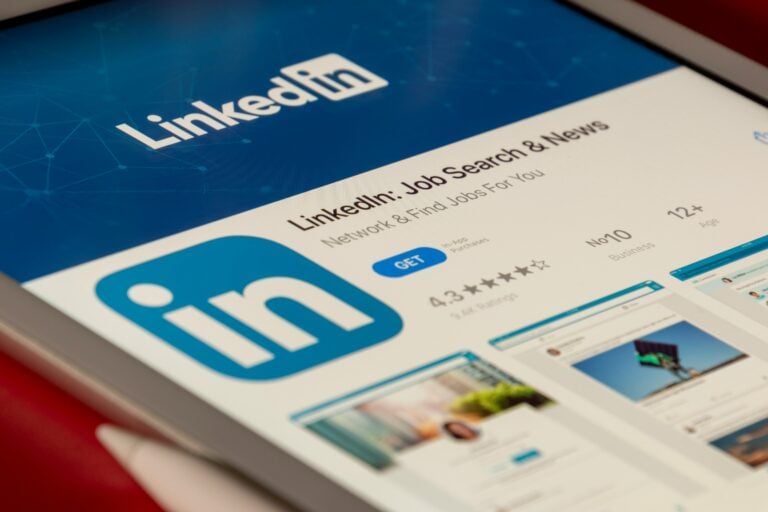Marketing Director
26 Oct, 2022
Good news: you’ve got an interview! Now what?
It’s worth remembering that an interview isn’t a one-sided process; it’s a chance for both you and your potential employer to see if the job, environment and employer are suitable for each other.
It’s normal to be nervous before a job interview. Read out guide to how to beat your interview nerves.
Every employer conducts their recruitment process differently. Some prefer panel interviews, some prefer single interviews; others prefer the first-second-third interview process. Follow our interview advice to make sure you’re prepared at every stage.
Interview advice: before the job interview
Put together an ‘information pack’ with some basic company information:
- Google them and look under the News tab – is there any recent information, anything relevant you can refer to?
- Their website and social media profiles
- Facts and figures such as investment information
- Consider downloading a brochure or annual report
- Research your interviewer(s) on LinkedIn and/or Google – if they’ve done similar work to you then you can weave that into the conversation
The second part of this information pack should relate to the specific job you are interviewing for.
- Read the job description and identify key responsibilities, technical knowledge and soft skills that will be required from you to be successful in the role
- Think of 3 examples of previous experience for each of the key responsibilities and requirements of the job description. This will benefit you in interview as you will be ready for any type of questioning, whether it be a competency-based interview, a panel interview or a CV walk through
- Plan questions to ask at the end of the interview. This is a key way to demonstrate your enthusiam and excitement for the role and brand
Additional information tip: Have a hard copy of your CV ready. It’s useful for your own reference, and if the client hasn’t got a printout, you’ll seem extra well-planned and efficient.
Interview advice: interview structure
– Have you tested the video link on the day of the interview?
– Will you be shown around the office, or meet members of the team?
Interview planning tip: Confirm the exact location of the interview, and plan your route in advance. Allow time for delays, and ask your consultant if they’ve been there before. If not, get them to ask the client for directions.
Interview advice: answering questions
Cut down on ‘waffle’ and present yourself in the best possible light. Nerves are normal, but these 4 bits of interview advice will keep you articulate and to the point:
- Practice describing your work history in a logical chronological order – including your reasons for accepting different jobs, your reasons for leaving, and career gaps
- Prepare for key questions that are normally asked at interview. For example, ‘Tell me about you?’ and ‘Why do you want to work here?’
- Make a list of the questions that you need to ask to showcase your understanding and excitement for the role
- Ask your consultant for interview advice – if they know the client they can give you pointers on the interviewer’s personality, dress code etc
Common interview questions
- Why do you want to come to work for us?
- What do you know about this company?
- Why did you choose this career?
- What are your major strengths/weaknesses?
- How was your last review?
- Why do you want to leave your current employer?
- What has been the biggest challenge in your career to date?
- How would your friends/colleagues describe you?
- Where do you see yourself in 2/5/10 years’ time?
- Why should we hire you?- Read our advice for answering ‘Why should we hire you?‘.
Interview tip: In your answers, try to relate your experience to the attributes that the interviewer is looking for. For example: if they’re looking for team leading experience, make sure that you cover all of the instances when you have been responsible for people.
Interview advice: 5 great questions you can ask at the interview
- Can you tell me more about the company, the role and attributes/competencies of the person that they are looking for?
- How closely do you feel my experience matches what you are looking for?
- Do you have any doubts about my background or ability to do the job?
- Tell me what the biggest challenges are going to be within the product roadmap in the next 6 months?
- What is the biggest opportunity and threat to the business currently?
Towards the end of the meeting, asking questions allows you to:
– Get an immediate feedback loop
– Address any yellow flags the interviewer had from the interview process. You can then leave the interview knowing you have given a full and proper account of your skills and experience.
Take an interview tip from a salesperson: Treat the interview like a sales meeting – fact find, present information, identify reservations, overcome reservations – then close the sale.
Interview preparation: on the day
- Know the dress code and aim to be more formal than your interviewer(s) will be
- Leave as much extra time as possible if you are travelling to the interview, so you don’t arrive late and flustered
- If it is a video call, test your connection, sound and microphone at least 30 minutes before the interview, giving you time to fix any problems
- Turn your mobile phone off before going into your interview
Body language: be at ease and make a great first impression
- Mirror your approach to the person interviewing you – if the person is friendly or makes a joke, laugh and be friendly back; If they are being very formal, be friendly but professional. Never swear, even if the interviewer does
- Listening skills are important – explain, but don’t talk too much or talk over your interviewer
- Avoid negative references to previous employers at all costs
Closing the interview
The interviewer wants enthusiastic team members on board. End the interview positively by telling the interviewer that you really enjoyed the chat, it sounds like a brilliant opportunity and you are excited for next steps.
If you don’t hear back from the employer after the interview, read our recommendations of how to proceed.
If you’re looking for a new role, search our latest jobs or contact us at Intelligent People if you want some more interview advice. We’d love to hear from you and help you find your next position top
Further reading




